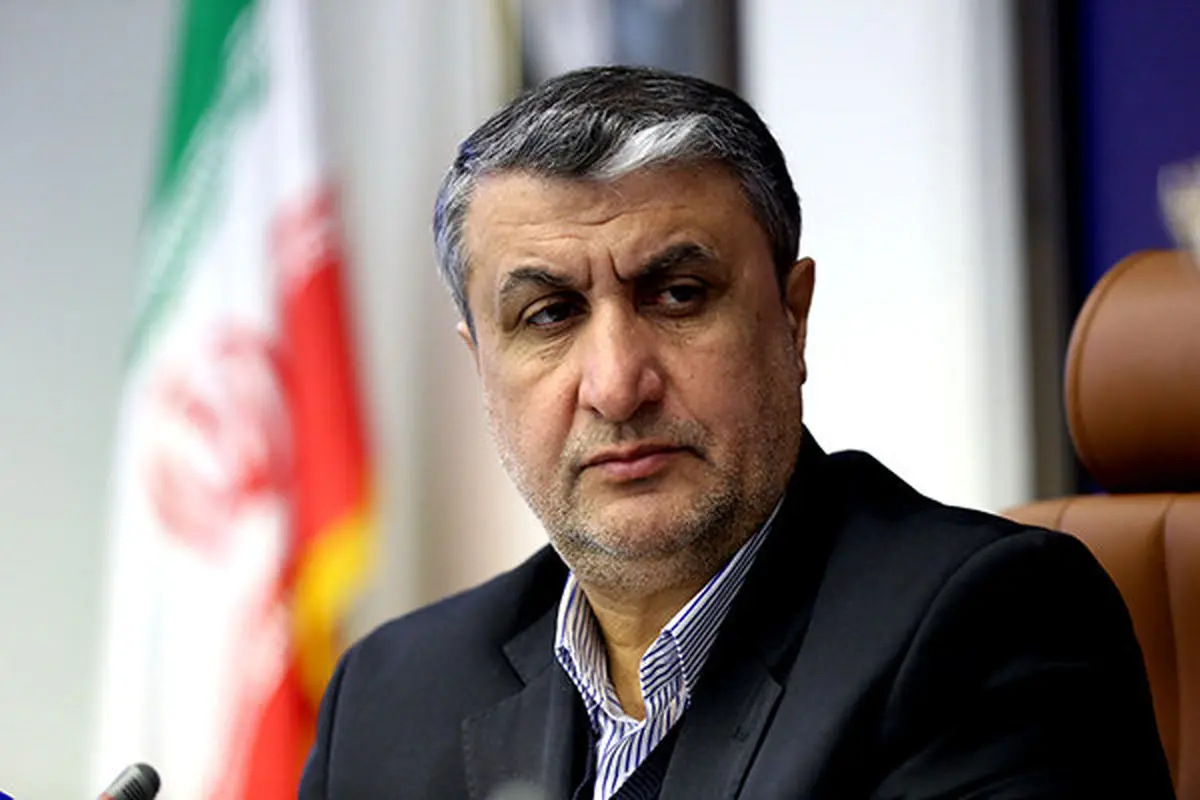Iran to Keep IAEA Cameras Switched Off until JCPOA Revival: Nuclear Chief

The UN nuclear agency’s surveillance cameras recording data beyond the Safeguards Agreement in Iran will remain deactivated until the other parties to the JCPOA resume honoring their commitments under the 2015 nuclear deal, the head of the Atomic Energy Organization of Iran said.
Speaking to reporters at an exhibition in Tehran on Monday, Mohammad Eslami said the raison d'être of the Joint Comprehensive Plan of Action (JCPOA) was the termination of accusations against Iran’s peaceful nuclear program and building confidence.
Although Iran acceded to a series of limitations to its uranium enrichment activities under the JCPOA, the Western governments failed to honor their commitments, he deplored.
Eslami noted that Iran even agreed on intensified restrictions by allowing the IAEA to set up cameras in conformity with the JCPOA at its nuclear sites.
If the accusations against Iran are to remain in place after the JCPOA, there is no reason for Tehran to turn on the ultra-Safeguards Agreement cameras, he underlined.
Eslami reiterated that Iran has never been involved in any covert nuclear activity and has coordinated all of its plans for uranium enrichment with the UN nuclear watchdog.
In June, the Atomic Energy Organization of Iran said while Tehran has extensively cooperated with the UN nuclear agency, the IAEA has unfortunately ignored the fact that such cooperation signifies Iran’s goodwill, has been ungrateful for the cooperation, and has considered it as a duty of Iran.
As a result, Iran decided to shut off the ultra-Safeguards Agreement cameras monitoring enrichment levels (OLEM or Online Enrichment Monitor) and flowmeters of the IAEA as of June 8.
However, more than 80 percent of the IAEA’s cameras in Iran have access to data within the framework of the Safeguards Agreement which will continue to operate as before.
